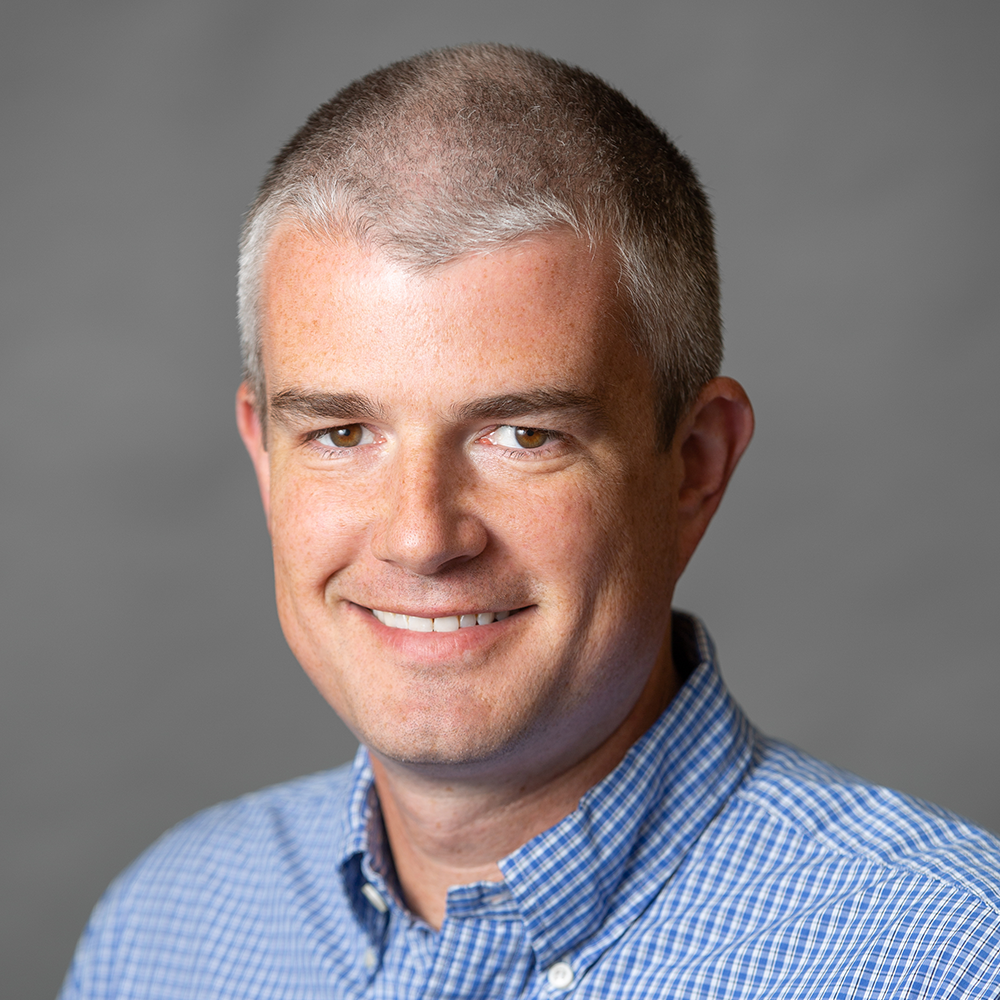Theresa Bayer lost her mother to breast cancer in 2011, and during her mother’s illness she made a promise to her mom that she would always have an annual mammogram.
A year after losing her mother, Bayer saw her doctor for her annual checkup.
“I had my mammogram, went on a short three day vacation, everything was great, I was looking good. And then I get this phone call on the way back and it said you need to come back in. We’ve noticed some calcifications on your mammogram,” Bayer said.
Doctors said they were 99 percent sure that there was nothing to worry about but they still wanted to do a biopsy. A friend of hers recently had a biopsy and it was nothing.
“Everybody in that room said it’s nothing, see it all the time, it’s not going to be anything,” Bayer explained. “But it was.
“It was cancer. That just goes to show that you don’t ever know.”
The cancer was ductal carcinoma in situ (DCIS), which is the most common type of non-invasive breast cancer. The doctors recommended a lumpectomy and five days of radiation for seven weeks. Although she felt like everything was good after the seven weeks of radiation, that did not stop Bayer from worrying.
“You live with that constant fear,” she said. Bayer knew there was a chance the cancer could come back.
While she initially declined the genetic testing to see if she carried the BRCA1 gene, which has been linked to hereditary breast and ovarian cancer, she later changed and her mind and tested positive for the gene.
“When she told me I had the gene, we just said, let’s do it,” Bayer said. “I immediately scheduled to have a double mastectomy with reconstruction and to have an oophorectomy, where they take your ovaries out.”
According to the National Cancer Institute, prophylactic surgery to remove the breasts and ovaries is an effective way to reduce the risk of breast and ovarian cancer among women with inherited mutations in the BRCA1 or BRCA2 genes.
Despite those benefits, Bayer’s radiologist discouraged her from having the surgery. He said it would be best for them to monitor and treat as needed. “They don’t understand. I don’t want treatment.” Bayer said. “You can’t guarantee that I’ll just need radiation next time, and I never want chemo. I saw my mom do that two times.”
Although skeptical at first, Bayer is glad that she decided to go through with genetic testing. She said that until you actually experience cancer, you do not appreciate the value of getting tested.
“Once you’ve had cancer, you will do anything to not get it again. It’s just not a healthy place to be mentally to ever get a cancer diagnosis,” Bayer said.
The breast cancer survivor is thankful for Dr. Mary-Claire King and her breakthrough breast cancer discovery of the BRCA1 gene mutation and it’s connection to hereditary breast and ovarian cancer.
She is hoping for another breakthrough to happen soon. Bayer feels that there could be environmental factors that “turn on” the gene and hopefully, someone will find a way to turn it off.
“I believe that just because we have the gene it doesn’t mean it has to get turned on because not everybody with the gene gets [cancer],” she said. “You and I could both have the gene and you not get it and I did. What’s the difference and is there anything we can do?”
Breast cancer changed Bayer’s life, but she is starting to get back to normal. She’s working, singing in a band and staying active. There was a time when she could not even lift a dinner plate, and she has come a long way from that. “I felt like that’s why I made it through radiation so well, because I kept moving. I kept my skin moving, I kept everything moving,” Bayer said.
It has been challenging for Bayer as far as standing up in front of people, and having confidence because cancer affects you so much mentally, but she does not regret any of her decisions. “Would I go back to being in fear of cancer again? Absolutely not.”
Hear Theresa Bayer’s story for yourself and in her own words at the 2014 Tie the Ribbons luncheon, Monday, Nov. 17, at 11:30 a.m. at the Davidson Center for Space Exploration on the campus of the U.S. Space and Rocket Center. For more information and to purchase your seat go to www.tietheribbons.com.
Click to donate to the Breakthrough Breast Cancer Funding Campaign!

